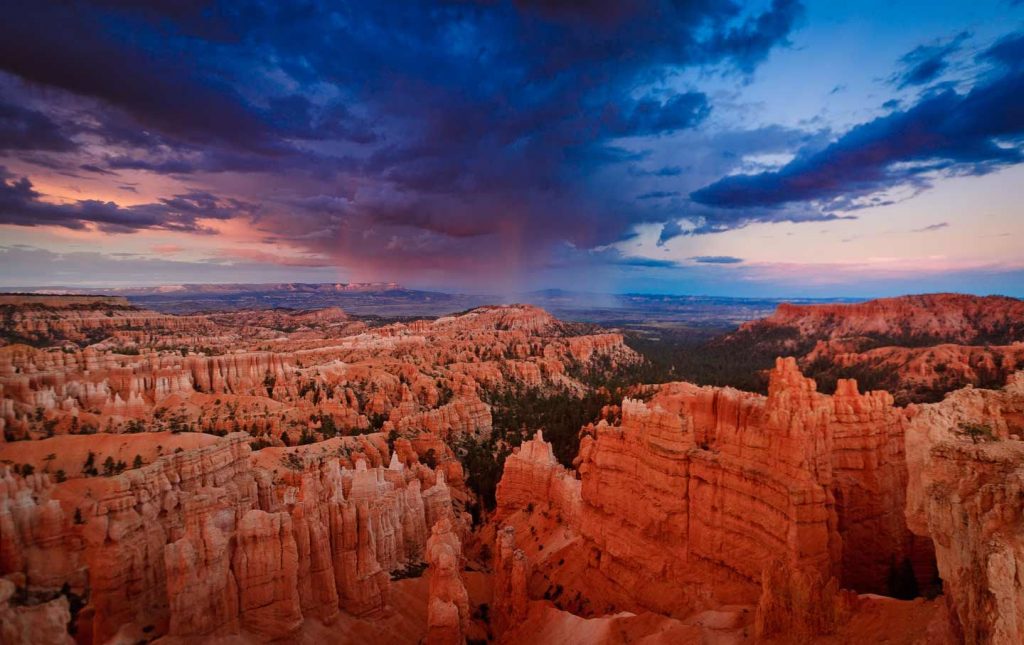In the red-rock country of southern Utah, not far from Bryce Canyon National Park, the state’s only strip coal mine occupies several hundred acres of private property. For over a decade Alton Coal Development, the company behind the Coal Hollow mine, has tried to expand its footprint onto an adjacent parcel of public land containing some 50 million tons of federally owned coal. The expansion could disturb thousands of acres of wildlife habitat, raise air pollution, and send 300 trucks rumbling down the area’s two-lane highways each day. Standing in the way is a moratorium on the troubled federal coal-leasing program that Interior Secretary Sally Jewell enacted earlier this year.
With the election of Donald Trump, the management of America’s public lands could shift, altering the landscape in southern Utah and across the Western United States. Extractive projects like the Coal Hollow expansion that have stalled or been rejected under the Obama administration could be given new life. They include drilling in the Arctic, in the North Atlantic, in the forests of Colorado, and around Glacier National Park; uranium mining at the edges of the Grand Canyon; and ramped-up logging in the national forests of the Pacific Northwest.

